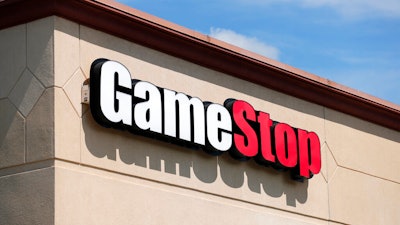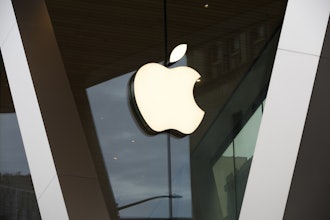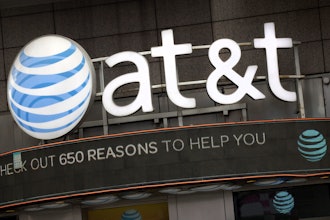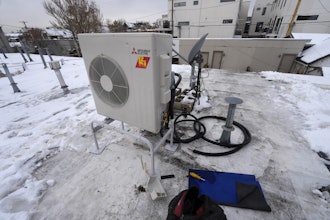
In a David and Goliath saga that has emerged on Wall Street this year, Goliath has fallen.
Two Goliaths, actually.
A pair of big players that placed massive bets believing that the money-losing video game retailer GameStop will crash, have unwound those positions under severe pressure from an online campaign by smaller investors.
One of the two major investors that have surrendered, Citron Research, acknowledged Wednesday in a YouTube video that it has unwound its position at a loss. But Andrew Left, who runs Citron, said that does not change his belief that GameStop is a loser.
“We move on. Nothing has changed with GameStop except the stock price,” Left said. He did acknowledge that Citron is taking a fresh look at how it bets against companies, in light of the GameStop campaign.
Melvin Capital is also exiting GameStop, with manager Gabe Plotkin telling CNBC that the hedge fund was taking a significant loss. He denied rumors that the hedge fund will fail.
The size of the losses taken by Citron and Melvin are unknown.
The Wall Street frenzy over GameStop began when an army of smaller-pocketed investors on Reddit started throwing dollars and buy orders at the stock — in direct opposition to a group of wealthy investors who were counting on the stock price to plunge.
There is no overriding reason why GameStop has attracted those smaller investors, but there is a distinct component of revenge against Wall Street in communications online.
Over the past three months, shares of GameStop Corp., which has been buffeted by a shift in gaming technology, have spiked well over 1000%. Shares are up another 100% at the opening bell Wednesday.
That has created titanic losses for major Wall Street players who have “shorted” the stock, which means they borrowed shares and sold them, hoping to buy them back at a cheaper price and pocket the difference.
And the phenomenon does not appear to by fading.
AMC Entertainment Holdings Inc., the theater chain that has been ravaged by the pandemic, posted a quarterly loss this month exceeding $900 million.
It appears, however, that AMC has become the next battleground in the fight between smaller, retail investors, and Wall Street.
Shares of AMC spiked 260% when trading began Wednesday and #SaveAMC is rending on Twitter.






















